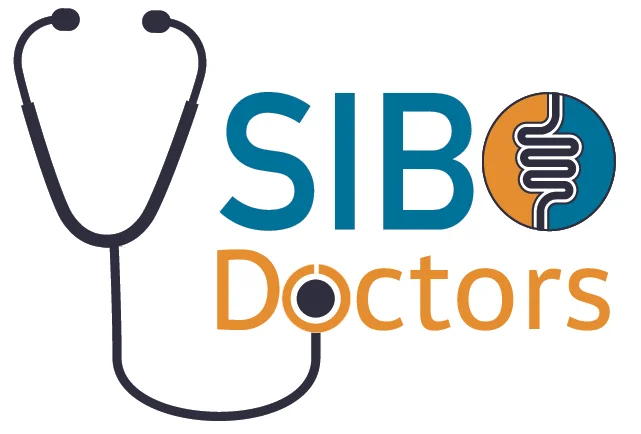How Can I Be Tested for SIBO?
If your Doctor suspects SIBO, testing is required for diagnosis, and prior to commencing treatment. A simple, non-invasive breath test is done to identify the type of SIBO and the significance of the overgrowth. Both are important factors that play a role in the type and length of treatment required.
Testing for the presence of SIBO can be done using a hydrogen-methane lactulose breath test. This is inexpensive, non-invasive test that can be done in the comfort of your own home. It is crucial to test prior to treatment, because testing identifies the type and the significance of the overgrowth, both of which factor into the treatment plan.
Our digestive systems contain some bacteria that produce hydrogen or methane. But under normal conditions, our bodies do not produce excessive levels of these gases. In the presence of bacterial overgrowth, carbohydrates are broken down in the small intestine and produce larger than normal quantities of hydrogen and/or methane. These gases expand the small intestine, leading to commonly experienced symptoms such as abdominal bloating, burping, flatulence, abdominal discomfort, and changes to bowel movements. The gases are then absorbed into the blood stream, where they travel to the lungs and are subsequently exhaled.
Sample SIBO Test Report
The lactulose breath test for SIBO involves a 24-hour preparation diet to eliminate foods that the bacteria feed on. The morning that the test is performed, 10 breath samples are completed, with the first sample being used as a baseline. The subsequent 9 samples are produced at 20-minute intervals following the ingestion of the lactulose. Lactulose is a carbohydrate that is not absorbed through the small intestine, and only bacteria have the enzymes available to break it down. Collection of breath samples every 20 minutes over a 3-hour period allows for the lactulose solution to travel through the entire length of the small intestine. The changes in hydrogen and methane concentrations in sequential breath samples will indicate the presence, type and significance and location of the overgrowth of bacteria in the small intestine.
Elevated levels of hydrogen are generally associated with a decrease in transit time, meaning it takes less time for food to travel through your digestive tract, leading to diarrhea. Elevated methane levels are generally associated with an increase in transit time, resulting in constipation. Treatment for the bacterial overgrowth will vary, depending on the levels and types of gases produced, as well as clinical symptoms.
Currently, SIBO can only be diagnosed using the Lactulose Breath Test. It cannot be diagnosed with stool testing. Some diagnostic testing laboratories may claim that SIBO can be detected using their stool testing methods, however this is false. Stool analysis provides no clinical value in regards to SIBO, as it primarily indicates what is happening in the large intestine, whereas SIBO occurs exclusively in the small intestine.
It is important to ensure that testing, interpretation and treatment of SIBO should only be done under the care of a qualified medical professional that is familiar with SIBO. There is not a one size fits all approach to treatment and each patient requires their own customized approach.
How to Complete a SIBO Test Kit
Please view the provided video prior to starting any testing to ensure samples provided are adequate, and performed correctly.
References:
Khoshini R, Dai SC, Lezcano S, Pimentel M. A systematic review of diagnostic tests for small intestinal bacterial overgrowth. Dig Dis Sci. 2008;53:1443–54.
Kunkel D, Basseri RJ, Makhani MD, et al. Methane on breath testing is associated with constipation: a systematic review and meta-analysis. Dig Dis Sci. 2011;56:1612–8.
Chatterjee S, Park S, Low K, et al. The degree of breath methane production in IBS correlates with the severity of constipation. Am J Gastroenterol. 2007;102:837–41.
Levitt MD, Bond Jr JH. Volume, composition, and source of intes- tinal gas. Gastroenterology. 1970;59:921–9.
Simren M, Stotzer PO. Use and abuse of hydrogen breath tests. Gut. 2006;55:297–303
Pimentel, Mark. A New IBS Solution: Bacteria – The Missing Link in Treating Irritable Bowel Syndrome. Health Point Press, 2011


